Page 26 • (885 results in 0.036 seconds)
-
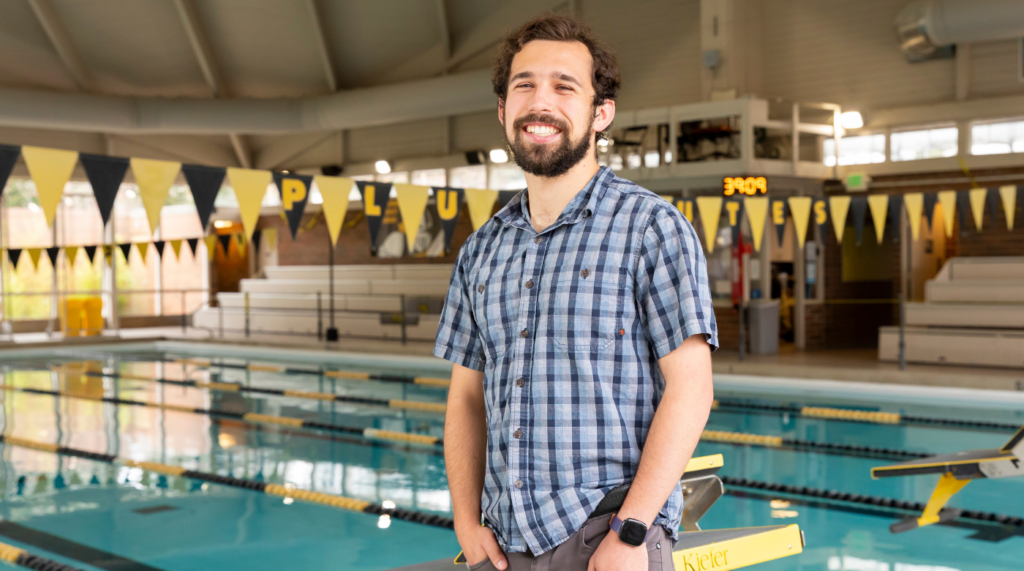
Henri Coronado-Volta grew up in Seattle, Washington, and chose PLU because the smaller school offered the opportunity to build community, a chance to continue swimming, and living close to home—but not too close. He double majored in global studies and Hispanic studies and minored in…
Henri Coronado-Volta ’23 discusses his global studies major, studying away, and his plans to attend UW’s Public Health Epidemiology program Posted by: mhines / June 19, 2023 Image: Henri Coronado-Volta ’23 (PLU Photo / Sy Bean) June 19, 2023 By By Lora ShinnPLU Marketing & Communications Guest Writer Henri Coronado-Volta grew up in Seattle, Washington, and chose PLU because the smaller school offered the opportunity to build community, a chance to continue swimming, and living close to home—but
-
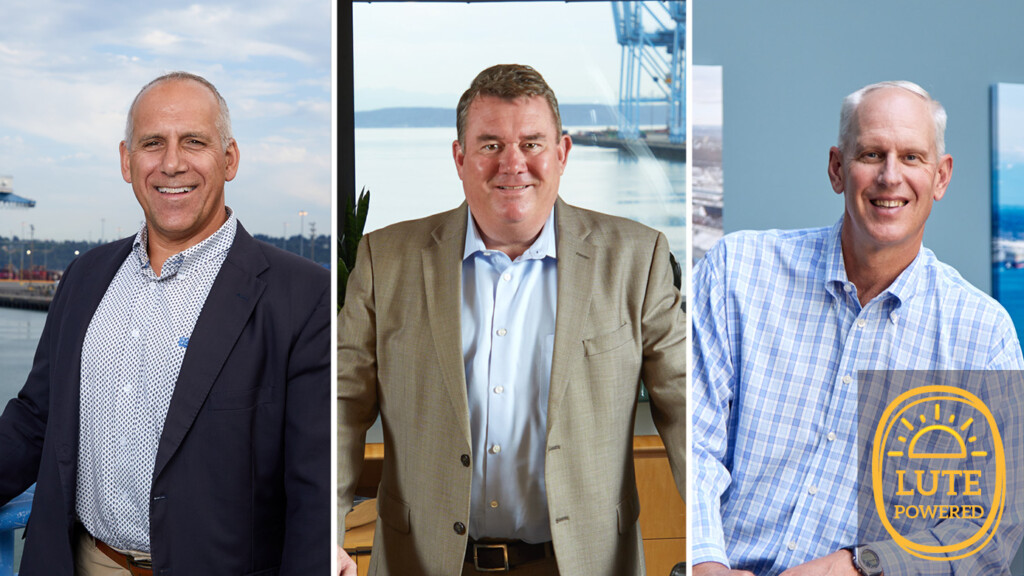
Together, the ports of Tacoma and Seattle are the fourth-largest container gateway for containerized cargo shipping between Asia and major distribution points in the Midwest, Ohio Valley and the East Coast. For this installment of Lute Powered, we interviewed three PLU alumni who are serving…
Public Ports Association, most recently as the executive director. Johnson now combines his interest in public policy, the environment and economics as the executive director of the Port of Tacoma – the fourth largest trade gateway in North America. Read our Q&A with Eric Johnson ’83. John Wolfe ’87: Northwest Seaport Alliance CEO Shortly after John Wolfe ’87 graduated from PLU he went to work for a Seattle-based company called SeaLand Shipping Line. In the years that followed he worked in sales
-
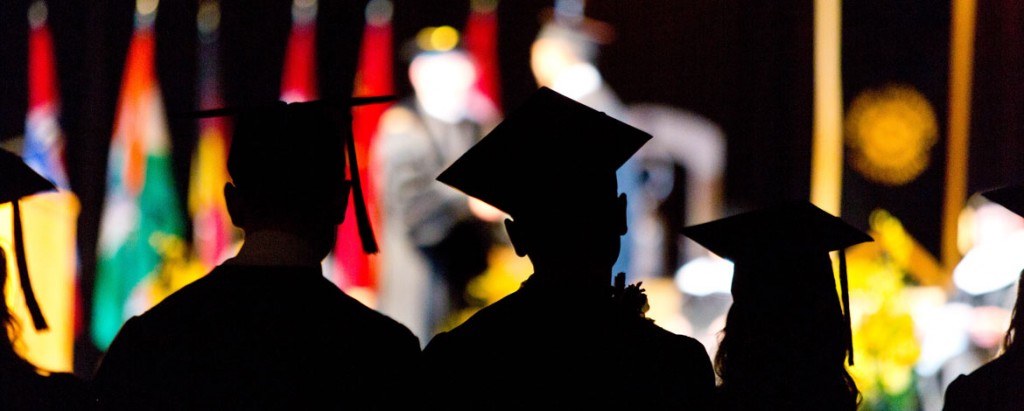
TACOMA, WASH. (May 15, 2017)- Classes are over, tests are on the horizon and therapy dogs are waiting in the wings. It’s the end of spring semester, and for several hundred Lutes that means life after college beckons. Pacific Lutheran University students are fast approaching…
a home in psychology and social work. “I went to office hours and I talked to both chem and psych professors and they helped me figure out what I needed,” she said. Alshaibani, who is from University Place, is graduating May 25 with a degree psychology, with minors in social work and French. The Rieke scholar, founder of the Muslim Student Association and mental health advocate was chosen as the student speaker for Commencement 2017, and will address the rest of her class at the Thursday night
-

Together, senior Dylan Ruggeri ’23 and junior Kenzie Knapp ’24 created an innovative climate science musical performance on PLU’s campus in 2022. Both students are majoring in environmental studies and theatre, and the duo drew on their passions to create art, transforming audience perspectives on…
we need policy that leads to change. In campaigning, we tell people stories about how policies can affect everyday life, a skill I developed in theater. “Normalcy” [our climate-themed musical] used all three of my majors. Knapp: When I tell people those are my majors, they get confused if they’re not involved in the fields. “Why those two?” I wasn’t planning on integrating environmental studies into my college experience until the summer after high school graduation. Climate change was one of the
-
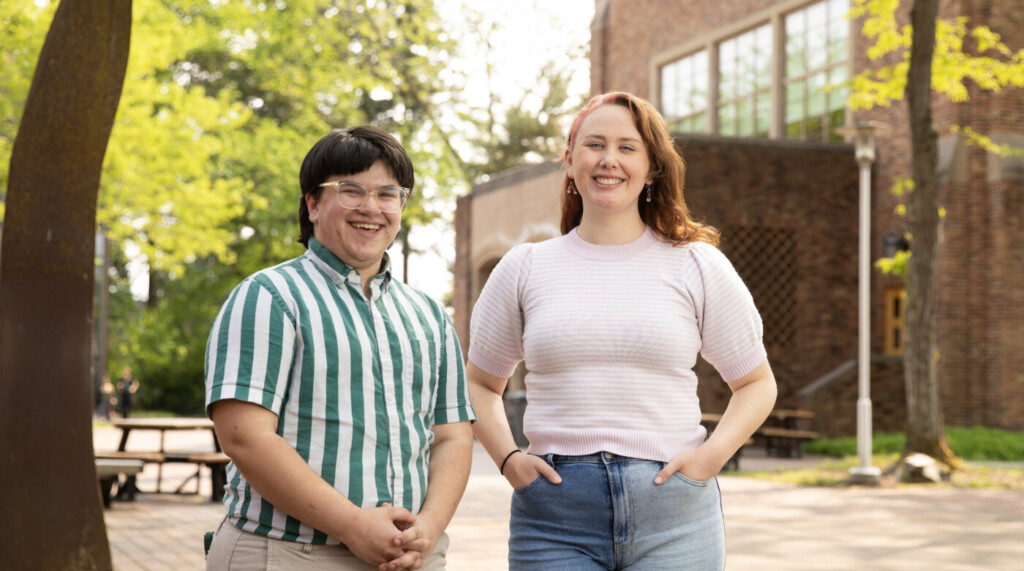
Together, senior Dylan Ruggeri ’23 and junior Kenzie Knapp ’24 created an innovative climate science musical performance on PLU’s campus in 2022. Both students are majoring in environmental studies and theatre, and the duo drew on their passions to create art, transforming audience perspectives on…
storytelling lessons learned from theatre help me share why we need policy that leads to change. In campaigning, we tell people stories about how policies can affect everyday life, a skill I developed in theatre. “Normalcy” [our climate-themed musical] used all three of my majors. Knapp: When I tell people those are my majors, they get confused if they’re not involved in the fields. “Why those two?” I wasn’t planning on integrating environmental studies into my college experience until the summer after
-

Together, senior Dylan Ruggeri ’23 and junior Kenzie Knapp ’24 created an innovative climate science musical performance on PLU’s campus in 2022. Both students are majoring in environmental studies and theatre, and the duo drew on their passions to create art, transforming audience perspectives on…
we need policy that leads to change. In campaigning, we tell people stories about how policies can affect everyday life, a skill I developed in theatre. “Normalcy” [our climate-themed musical] used all three of my majors. Knapp: When I tell people those are my majors, they get confused if they’re not involved in the fields. “Why those two?” I wasn’t planning on integrating environmental studies into my college experience until the summer after high school graduation. Climate change was one of the
-
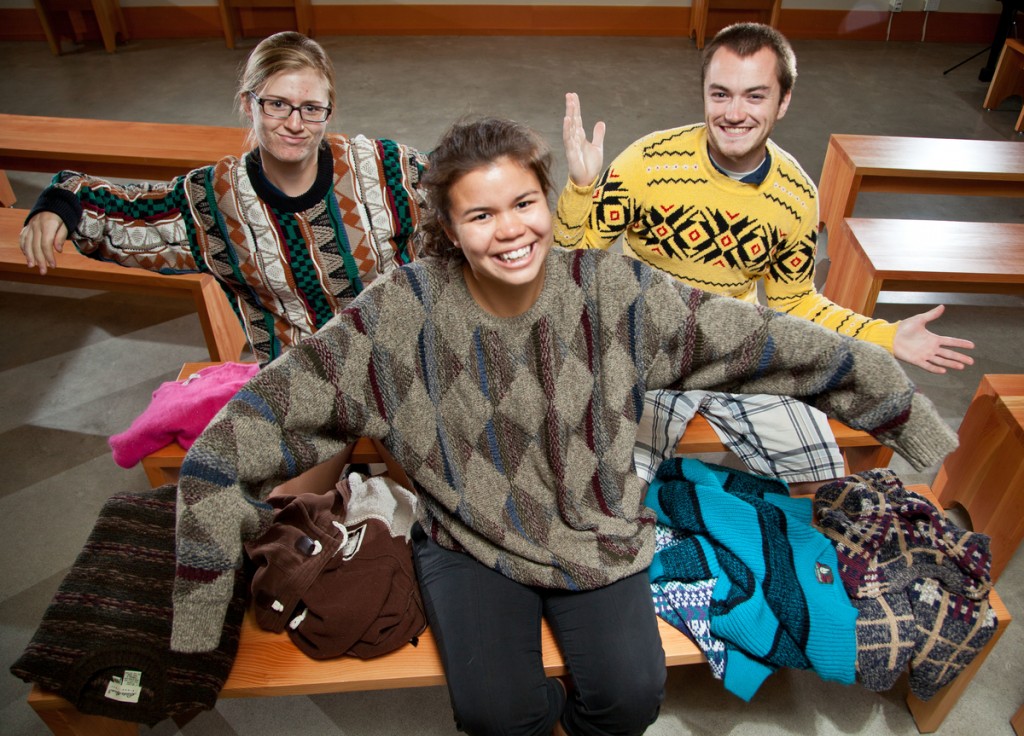
October’s Sweater Swap was designed to encourage the PLU community to bundle up to save energy. (Photo: John Froschauer/PLU) By Sandy Deneau Dunham PLU Marketing & Communications TACOMA, Wash. (Dec. 1, 2014)—The temperature goes down; the thermostat goes up—it’s just a basic seasonal fact of…
out. And at Pacific Lutheran University, that causes problems on several levels. In 2010, PLU adopted a campuswide winter temperature “set point” of 68 degrees, said Joe Bell, PLU’s director of Environmental, Health, Safety and Emergency Programs. Keep it at 68 … squarely in the official “comfort zone.”(Photo: John Struzenberg ’16) “This temperature should be acceptable and comfortable for the majority of people,” he said—but people (and buildings) have their own settings, too … and their own
-
PLU prof works with USA Hockey team When she’s not in the classroom, PLU Professor of Sport and Exercise Psychology Colleen Hacker , is on the field helping national teams and professional and Olympic athletes mentally prepare for competition. This week, Hacker will be in…
understand is that physical skill is not enough,” Hacker said . “What we teach athletes is to bring mental toughness and the psychological demands of their sport under their control.” Hacker, who has been a mental skills coach for USA Hockey for the last year and a half, will be working the athletes this week on mental toughness skills, keeping confidence high, role clarity, and a variety of other things to help them handle the pressure of the competition. Read Previous Philosophy Lecture: ‘Ruined by
-

TACOMA, WASH. (May 22, 2018) — It’s official. The Class of 2018 at Pacific Lutheran University is wrapping up the final list of “lasts.” There are the lasts that students (soon to be alumni) are likely happy to bid farewell: the last final, the last…
Systems Research. This program will build off Earlywine’s undergraduate research on the U.S. opioid epidemic. Basically, he’ll be doing a lot of health-related research that could be used by pharmaceutical companies, insurance companies or policy analysts. It’s the perfect fit for Earlywine, who always wanted to be a physician but couldn’t stomach blood and guts. Even though he entered PLU as an accounting major, health was always an interest. But it wasn’t until a fateful run-in with Karen Travis
-

Dear Campus Community: It has been reported by many reputable news organizations recently that aides are clearing the way for President Donald Trump to take the first steps toward transforming the immigration system possibly as soon as he takes office tomorrow, fulfilling a major campaign…
permission from the student, or without a judicial warrant, a subpoena, a court order, or as otherwise required by law. This includes a policy that prevents university staff and offices from acquiring information related to students’ immigration status, and a policy against relaying such information to federal immigration officials. PLU Campus Safety officers are here to protect our students and the university community. Officers will not contact, detain, question or arrest an individual solely on the
Do you have any feedback for us? If so, feel free to use our Feedback Form.


